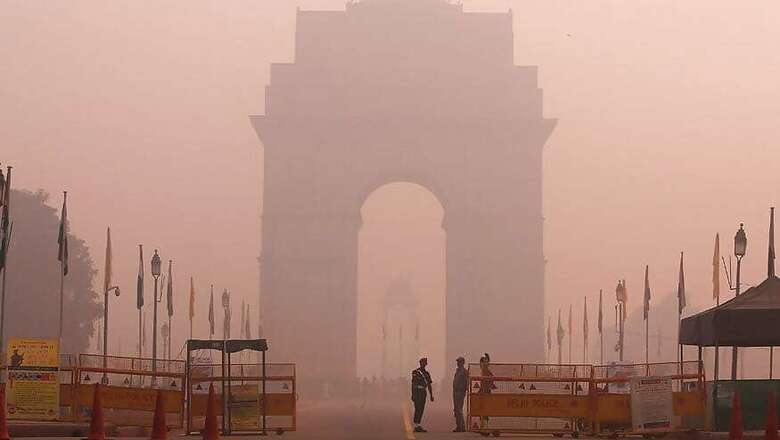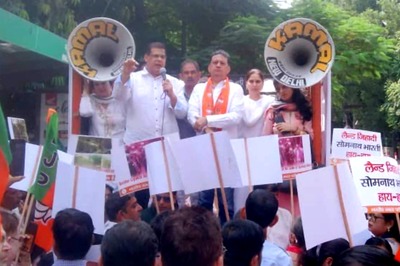
views
London: Personal letters written by Indian Muslim soldiers who fought in World War I sharing their impression of England 100 years ago in comparison to their home country were on Friday released by a literature expert.
Islam Issa from Birmingham City University earlier this year found that at least 885,000 Muslims were recruited by the Allied forces in the war between 1914 and 1918. He released the letters to mark Armistice Day, or the end of the war.
The over 100-year-old letters highlight the experiences of Indian soldiers as they share their impressions of England in comparison to their home country, Heritage Daily reported.
Issa has been researching individual stories from the war for an exhibition commissioned by and held at the British Muslim Heritage Centre in Manchester, called Stories of Sacrifice.
During his research, he found that 1.5 million Indians and 280,000 Algerians, Moroccans and Tunisians fought for the Allies during World War I, many of them Muslims.
"When I decided to look at soldiers' letters, I expected a very bleak outlook on the war. Of course, sometimes, that's exactly what I found. But quite often, the letters were about individual experiences and very normal, human things," said Issa.
"These anecdotes certainly helped shape my narrative for the Stories of Sacrifice exhibition. While there's an important narrative about the war as a whole, the personal and human narrative was probably more striking.
Whatever your ideology or stance, you end up realising that these Muslim soldiers were individual humans and as a result, they were making sacrifices at that individual, human level," he said.
Complete with a virtual library, lesson plans and a toolkit for schools, the British Muslim Heritage Centre's exhibition is the first long-term exhibition of its kind, devoted solely to exemplifying the Muslim community's contribution and sacrifices during World War One.
On his trip to a London department store in 1915, soldier A. Ali writes: "We visited a shop where 2000 men and women were working and everything can be bought. There is no need of asking as the price is written on everything."
In the same letter, he shares his experience of the London Underground: "Then we went in the train that goes under the earth, it was for us a strange and wonderful experience they call it the underground train."
In another 1915 letter by Abdul Said, more opinions on shopping and butchers are shared.
"Every shop in this country is so arranged that one is delighted to look at them. Whether you buy much or little it is properly wrapped up, and if you tell the shop man to send it to your house you have only to give him your address and he delivers it.
"The butcher's shops in Hindustan are very dirty, but here they are so clean and tidy that there is absolutely no smell."




















Comments
0 comment